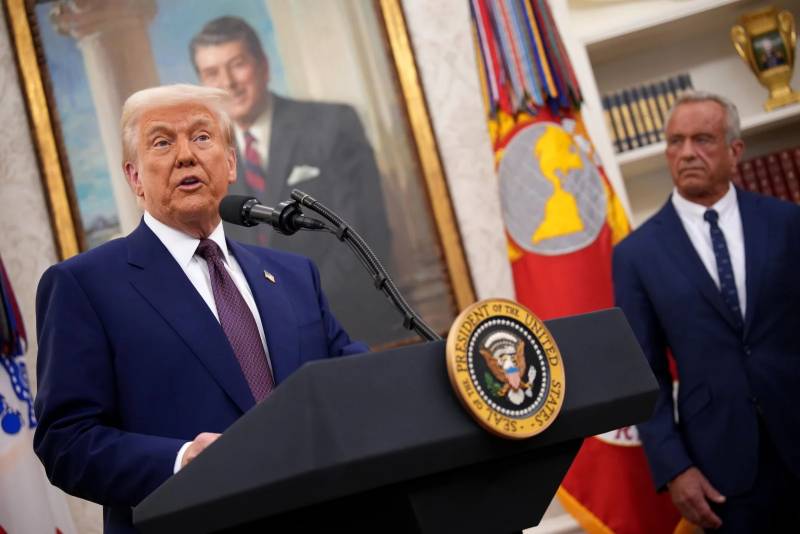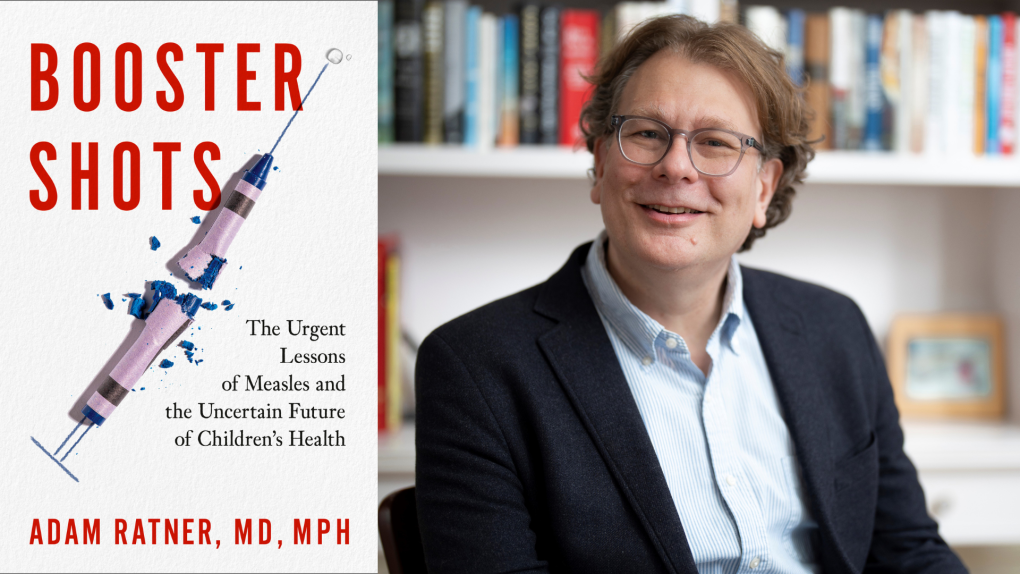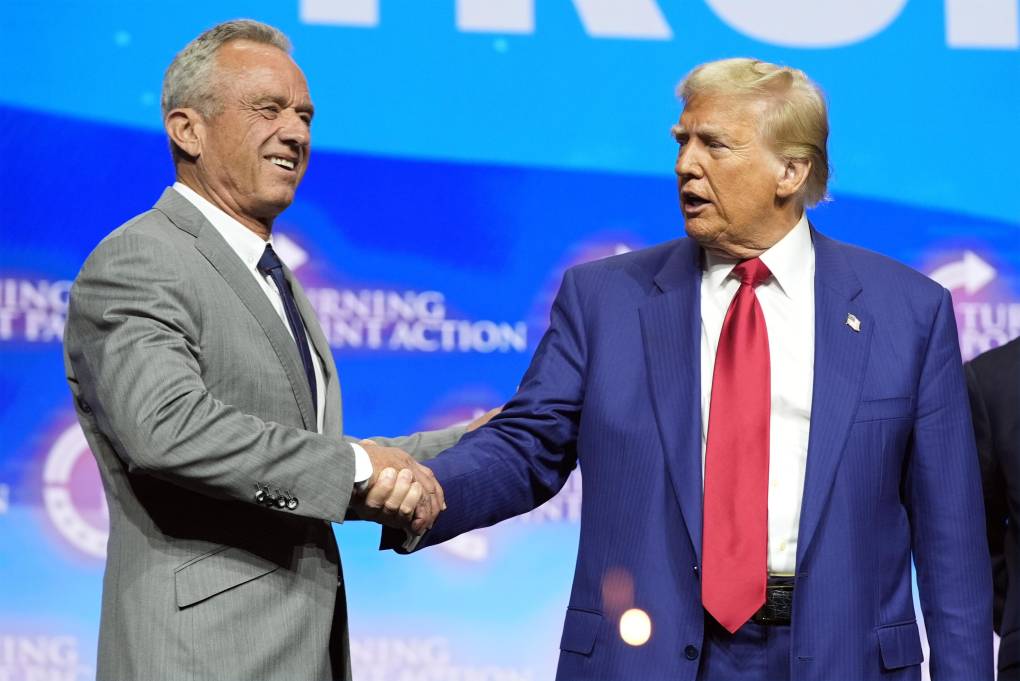She said the loss of $160 million in federal funds designated for use in her state could cost “more than 200 jobs” in public and nonprofit health organizations.
New York Governor Kathy Hochul said her state would lose roughly $300 million in funding, much of it earmarked for county health departments in rural areas.
“At a time when New York is facing an ongoing opioid epidemic, multiple confirmed cases of measles and an ongoing mental health crisis, these cuts will be devastating,” Hochul said. “There is no state in this country that has the financial resources to backfill the massive federal funding cuts.”
A spokesperson for Colorado’s Behavioral Health Administration said $250 million in federal cuts to her state would affect as many as 60 programs and could put patient at risk.
“In so many cases, these are life-saving programs and services, and we worry for the wellbeing of those who have come to count on this support,” spokeswoman Allie Eliot, wrote in an email to Colorado Public Radio.
In their statement to NPR, HHS officials downplayed the impacts of the cuts and said most grants being rescinded fund outdated programs linked to the pandemic, including efforts to “address COVID-19 health disparities among populations at high-risk and underserved, including racial and ethnic minority populations.”
Tom Wolf, an addiction activist in San Francisco who has been critical of Democratic approaches to address the overdose crisis, said he remains broadly supportive of Trump’s policy ideas.
“There are certain aspects of what he’s doing that I think are good. For me it’s about getting things done,” Wolf said.
But he also voiced concern about the pace of change and the risk that effective addiction treatment programs could be defunded at a time when tens of thousands of people in the U.S. are still dying from fatal overdoses each year.
“Are they stopping to look at the efficacy of those programs?” Wolf said.
Addiction experts told NPR they are now bracing for what many believe will be deep cuts to Medicaid funding, which provides the largest single source of insurance coverage for drug and alcohol treatment nationwide.
“It’s very hard to look at the budget framework created by Republicans and imagine a scenario other than Medicaid being cut severely,” Stanford University’s Keith Humphreys said. “It’s a frightening prospect. That will be extremely painful for families facing addiction.”



